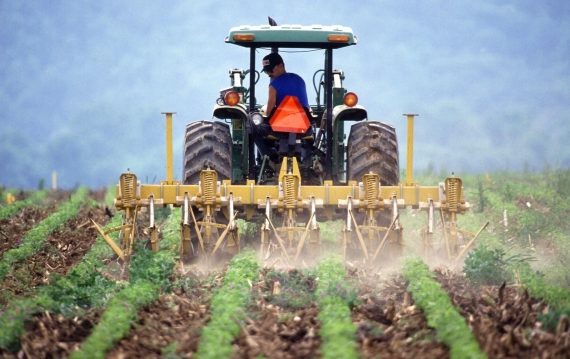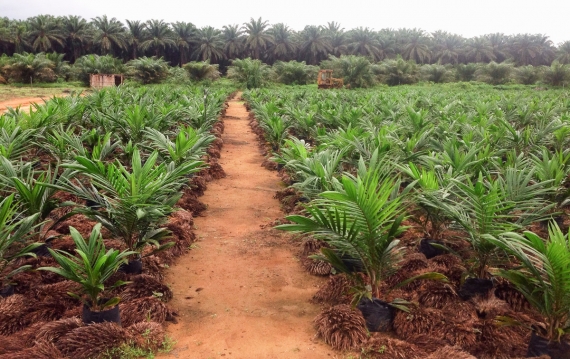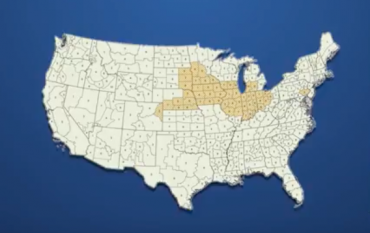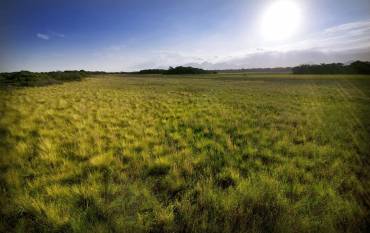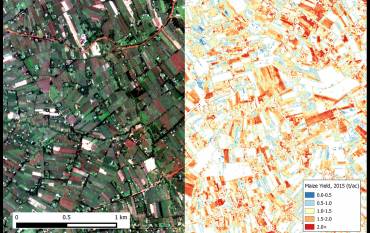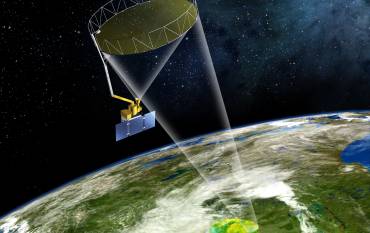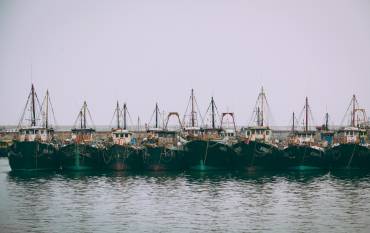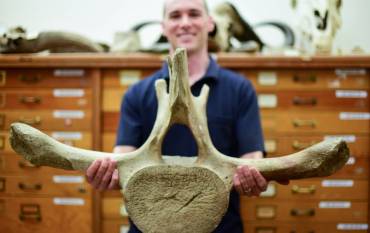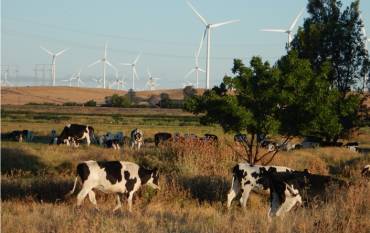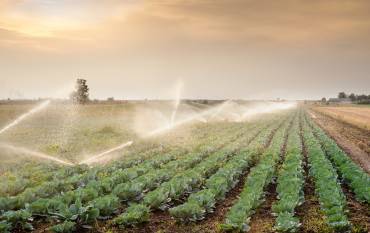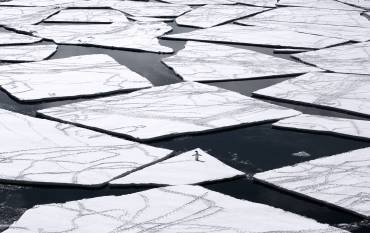The Stanford School of Earth, Energy & Environmental Sciences is now part of the Stanford Doerr School of Sustainability.
This page is currently being maintained for archival purposes only. For the latest information, please visit us here.
Food and Agriculture
March 10, 2017
Stanford School of Earth, Energy & Environmental Sciences
Research by Stanford Earth's David Lobell and George Azzari shows how better mapping of farm fields with satellites can lead to new ways to measure and boost crop yields.
March 6, 2017
Stanford School of Earth, Energy & Environmental Sciences
February 13, 2017
Stanford School of Earth, Energy & Environmental Sciences
By using high-res images taken by the latest generation of compact satellites, Stanford scientists have developed a new capability for estimating crop yields from space. Measuring yields could improve productivity and eventually reduce hunger.
January 17, 2017
Freeman Spogli Institute for International Studies
December 19, 2016
Stanford School of Earth, Energy & Environmental Sciences
December 11, 2016
Stanford Woods Institute for the Environment
December 5, 2016
Stanford School of Earth, Energy & Environmental Sciences
October 17, 2016
Stanford School of Earth, Energy & Environmental Sciences
- 1 of 4
- next ›
Subscribe to Earth Matters
A free monthly bulletin for your inbox



